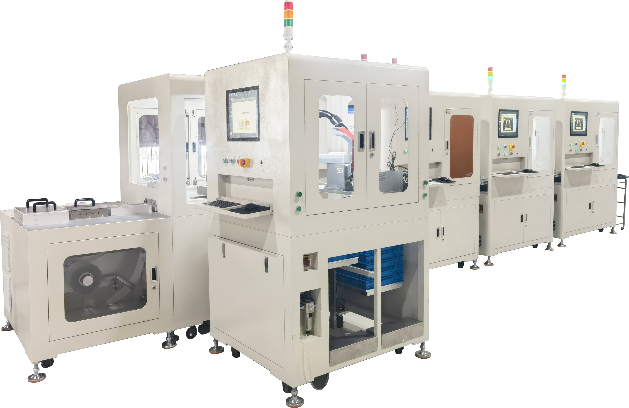Unveiling the Secrets: How to Determine Business Profitability

In the dynamic world of business, profitability is the ultimate goal for entrepreneurs and investors alike. However, assessing the profitability of a business is not always straightforward. It requires a comprehensive understanding of various factors and indicators. In this blog post, we will delve into the depths of business profitability, exploring key metrics and strategies to help you determine if a business is truly profitable.
- Analyzing Financial Statements:
One of the primary ways to assess business profitability is by analyzing its financial statements. Key financial ratios such as gross profit margin, net profit margin, and return on investment (ROI) provide valuable insights into a company's financial health. By scrutinizing these ratios, investors can gauge the profitability of a business and compare it with industry benchmarks. - Cash Flow Analysis:
Profitability is not solely dependent on revenue and expenses; cash flow plays a crucial role as well. A business may generate substantial revenue but still struggle with cash flow issues, leading to potential insolvency. By analyzing cash flow statements, investors can evaluate the liquidity and sustainability of a business, ensuring its profitability in the long run. - Industry and Market Analysis:
Assessing the profitability of a business requires a comprehensive understanding of the industry and market dynamics. Factors such as market demand, competition, and industry trends significantly impact a company's profitability. Conducting thorough market research and competitor analysis enables investors to identify potential risks and opportunities, providing a holistic view of a business's profitability potential. - Customer and Sales Analysis:
Profitability is intrinsically linked to customer satisfaction and sales performance. By analyzing customer feedback, reviews, and sales data, investors can gain insights into the market perception of a business's products or services. Additionally, evaluating customer acquisition costs, customer lifetime value, and sales conversion rates helps determine the profitability of a business's sales and marketing efforts. - Scalability and Efficiency:
A profitable business is not only about current financial performance but also its potential for growth and scalability. Assessing a company's operational efficiency, scalability potential, and cost management strategies is crucial in determining its long-term profitability. Factors such as economies of scale, technological advancements, and effective resource allocation play a vital role in sustaining profitability.
Conclusion:
Determining the profitability of a business requires a multifaceted approach, considering various financial, market, and operational factors. By analyzing financial statements, cash flow, industry dynamics, customer feedback, and scalability potential, investors can make informed decisions about a business's profitability. Remember, profitability is not a static concept but an ongoing process that requires continuous monitoring and adaptation to ensure sustainable success.




